Made In Heaven: How Freddie Mercury Became A Rock Icon
Overcoming his loneliness as a child, Freddie Mercury grew into a superstar showman and one of the greatest rock icons of all time.
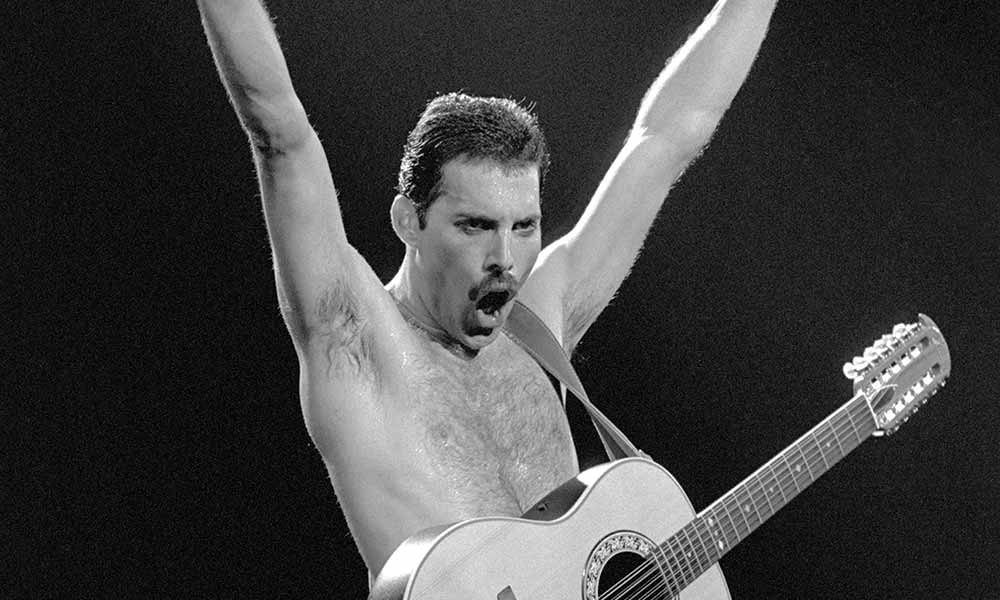
Freddie Mercury lived an extraordinary life in his 45 years. “I really have done it all,” he said. Here, we look at how the singer moved from Zanzibar to the UK and overcame all the odds to become a global icon. Turning rock shows into a theatrical experience, he became arguably the world’s greatest live performer and built a legion of fans who are still passionate about his music several decades after his death.
Listen to the best Freddie Mercury songs on Apple Music and Spotify.
Learning to fend for himself
Freddie Mercury was born Farrokh Bulsara in Stone Town, in the British protectorate of Zanzibar (now part of Tanzania), on September 5, 1946. His first big challenge was to come to terms with being sent away to boarding school, near Bombay in India, when he was still a young boy.
Though he said that being sent away from his parents and beloved sister left him with “feelings of loneliness, feelings of being rejected”, he also said he had the character to make the best of it. “I was put in an environment where I had to fend for myself, so I got a good grasp of how to be responsible at an early age, and I think that’s what’s made me into such a fiend,” Mercury says in the newly released Freddie Mercury: A Life, In His Own Words (Mercury Songs Ltd, available at Amazon in paperback and on Kindle). “One thing boarding school teaches you is how to be independent and not to rely on anybody else.”
Following his interests
After his family moved to the UK in the 60s, Mercury went to Ealing Art School, in London, where he earned a diploma in graphics. At first, he tried to pursue a career in that field and sought to use his education for work. “I got my diploma and then I thought I’d chance it as a freelance artist. I did it for a couple of months but then I thought, My God, I’ve done enough. The interest just wasn’t there,” said Mercury. “And the music thing just grew and grew. I realized music was the biggest thing in my life and I decided to try and make my living from it. It’s as simple as that. I’m one of those people who believes in doing things that interest you.”
Coping with the obstacle race of the music business
After spending time in some small bands, including Sour Milk Sea and Ibex, Mercury eventually hooked up with students Brian May, Roger Taylor, and John Deacon – and they decided to form the band Queen. Mercury has always been honest about the difficulties that faced them – in common with all young bands in the early 70s – when trying to start out in the music business. He called it an obstacle race.
“The moment we made a demo [in 1971] we were aware of the sharks in the business… once you are successful, all the baddies move in and that is when you’ve got to be really strong and try and sift them out – and that is a test of survival, really. You can’t afford to let anyone get away with anything. It’s like playing dodgems; it’s rock’n’roll dodgems.” Mercury later turned some of these experiences into the song “Death On Two Legs.”
Overcoming the traumatic experience of being a support act
One of the key experiences near the start of Queen’s career was their American tour in 1973, when they were the warmup band for Mott The Hoople. “Being the support act was one of the most traumatic experiences of my life,” said Mercury. “When you support another artist on tour, there are so many restrictions. You don’t get your own light show, your playing time, your effects. There’s no way you can show the public what you can do, unless you headline, and then you know the people have come to see you. The first time we went to America was as support to Mott The Hoople, and it acted as a ‘breaking the ice’ tour. We got a taste of America and so we knew what would be needed the next time we went.”
Pushing musical boundaries
Mercury admitted he was “a forceful character” and said he always had the feeling that “everything’s got to be new.” He said this spirit played a part in helping make Queen such a bold band in the 70s, as they pushed the limits on six albums, including 1975’s A Night At The Opera, which featured the rock masterpiece “Bohemian Rhapsody”. “We went a bit overboard on every album, actually, but that’s the way Queen is,” said Mercury. “It’s what keeps us fresh. A Night At The Opera featured every sound, from a tuba to a comb. Nothing was out of bounds. As soon as we made it, we knew there were no longer any limits on what we could do.”
Mastering world tours
When Queen played Bedford College in January 1972, there were reportedly only six people in the audience. Within 13 years they would be playing a single gig to more than 250,000 fans in Rio De Janeiro, by which time they had become the undisputed masters of stadium rock. Mercury believed that after a slow build across 1973 (they started the year playing the university circuit and ended it with sell-out gigs at the Hammersmith Odeon), the turning point was a global tour in 1974 that included Australia and the United States. “The successful worldwide tour, which we’d never done before, taught us a lot,” said Mercury. “It taught us how to behave on stage and come to grips with the music.” He said that by the time they went to Japan in 1975, “We were a different band… our playing ability was better. We also tend to work well under pressure.”
Coping with overzealous fans
Mercury interacted with his fans and loved the adulation he received on stage. There were only a couple of unfortunate incidents that stuck out. In Seattle, in 1975, a young fan got into his hotel room and “pilfered my jewels and bracelets.” He confronted the thief and wrestled the jewels from her. “Then, a year later, my very promising pop career nearly came to an untimely end when two young girls outside the theatre decided to claim my scarf as a souvenir,” added Mercury. “They quite forgot it was wrapped around my neck at the time, and nearly strangled me.”
Becoming a superstar showman
“I’d like the whole world to listen to my music and I’d like everybody to listen to me and look at me when I’m playing on stage,” Mercury said in the 70s. He always wanted to make his audience walk away from a Queen concert “feeling fully entertained.” “I have to make sure that I win them over and make them feel that they’ve had a good time… I know it’s a cliché to say, ‘Oh, you have them eating out of the palm of your hand,’ but I just feel that the quicker I do that, the better, because it’s all to do with me feeling in control. Then I know that it’s all going well.”
He brought all this to bear at Live Aid, at Wembley Stadium in July 1985, when he had 72,000 fans in London, and an estimated 1.9 billion people watching on television from 130 countries around the world, eating out of the palm of his hand with a stunning 21-minute performance.
Going solo and taking ballet to the masses
“I had a lot of ideas bursting to get out and there were a lot of musical territories I wanted to explore which I really couldn’t do within Queen,” said Mercury, talking about his 1985 solo album, Mr. Bad Guy. The album gave him the chance, he said, to be his “own boss.” “I find that when I’m my own boss completely, it’s easier for me. I make all the decisions.” One ambition the solo album enabled him to fulfill was showcasing his love for ballet, putting it into the videos he made to promote Mr Bad Guy. Arlene Phillips, who was the choreographer for his 1985 video “I Was Born To Love You,” said Mercury wanted “to take ballet to the masses.”
Never being afraid to take risks
One of the words that cropped up time and again in Mercury’s interviews was “risk.” “A risk element is always involved, and that’s the way I like it,” said Mercury. “That’s what makes good music. Queen have always taken risks.” Mercury described the song “Bohemian Rhapsody” as “a risk” – the same term he used for the “I Want To Break Free” video – and called Queen’s experimental 1982 album, Hot Space, “a big risk.”
Mercury took another big risk in 1988 when he began working with the world-famous operatic soprano Montserrat Caballé, collaborating on the album Barcelona. “I knew I was taking a big chance doing something like that,” said Mercury, who was so proud of his successful combination of rock and opera. “I didn’t think I was capable of writing operatic pieces that would suit a world-renowned prima donna,” he said. “I really didn’t know I was capable of things such as that. I thought, What else is there left for me to do? I mean, I defy any other rock’n’roll personality living today to duet with a legendary opera diva and survive!”
Freddie Mercury was always a man who overcame the odds.
The solo-career-spanning Freddie Mercury box set, Never Boring, is out now.





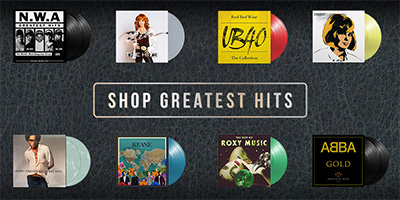



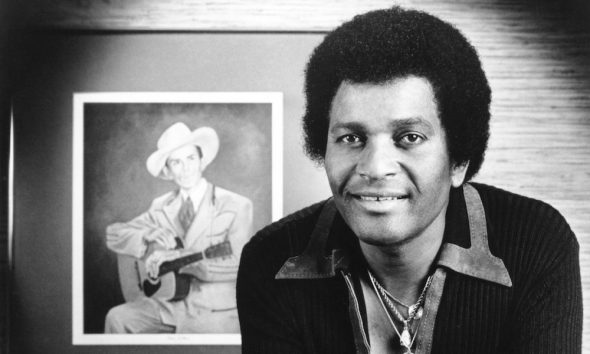
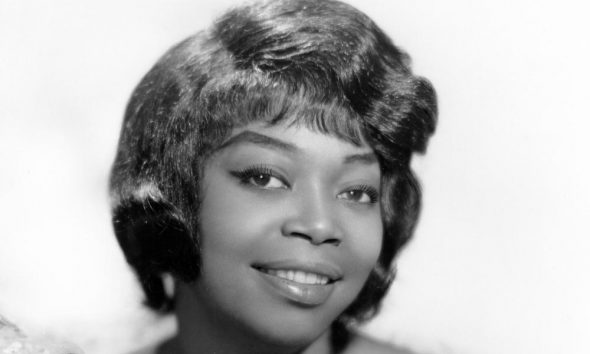
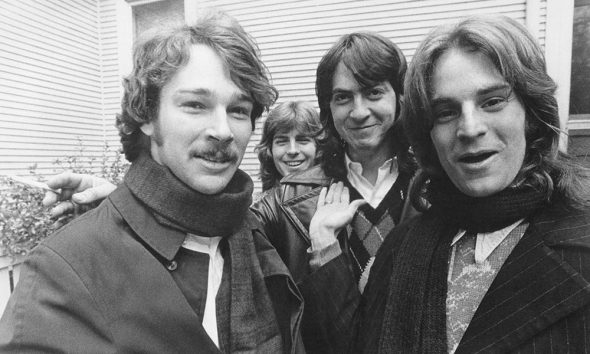


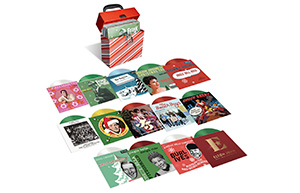
Jody
November 12, 2019 at 4:33 am
I have to say Freddie Mercury is the best. Nobody even compares..I wish so much he was still with us..He had so much more to give..
Jen
November 16, 2020 at 8:54 am
So true and I feel exactly the same. There are SO many fans still talking about him, asking questions … it makes me wonder if he really knew how loved he was. So much talent and such a good person taken way too soon. And it’s amazing how much of their music is still in everything today! I hear it in movies, commercials, on the radio and everywhere stores play music. It’s timeless. I don’t know about you but it’s still hard to accept Queen playing again and re-recording music that Freddie wrote and recorded and made famous; I know they’re well entitled to do whatever they want and I’m happy for them, but it still kind of hurts because it’s not Freddie and can’t ever be. He was one in a million. Such a treasure!
Julia Edith López López
August 23, 2020 at 8:18 pm
Cada día que descubro intimidades de su pensamiento hacia la mùsica con Freddie Mercury, y a atreverse a salir de los códigos normales de los rockeros e innovar entre un género y otro, o de ambos crear uno solo…! Confieso que este artista talentoso por excelencia, cantante, bailarín, músico, compositor con una vida interna tan intensa, que su cerebro nunca descansó, pues, independiente de lo que Freddie hacía externamente, su mente creaba a todo full las verdaderas obras que nos dejó. Bajo ningùn punto, difiero con los otros integrantes de Queen, porque juntos era éxito seguro. Como solista Freddie tuvo la oportunidad de demostrar de cuánto podía dar de su esencia y naturaleza. Soy una mujer adulta, de 80 abriles, y sigo a Queen, desde 1974 pero mi límite o fecha de vencimiento fue el 24 de noviem,bre de 1991, cuando él falleció. Hasta la fecha el grupo actual QUEEN, todavía no he sabido que ya tienen a la venta algùn disco con el vocalista Adam Lambert, no sé ni quien es el bajista. Gracias por permitirme comentar y les felicito por el informe publicado en relaciòn al gran FREDDIE MERCURY que dejó tanta huella en el mundo. Saludos cordiales a todos y cada uno de ustedes, desde Chile, Coquimbo, IV Regiòn, a 23 de agosto de 2020.